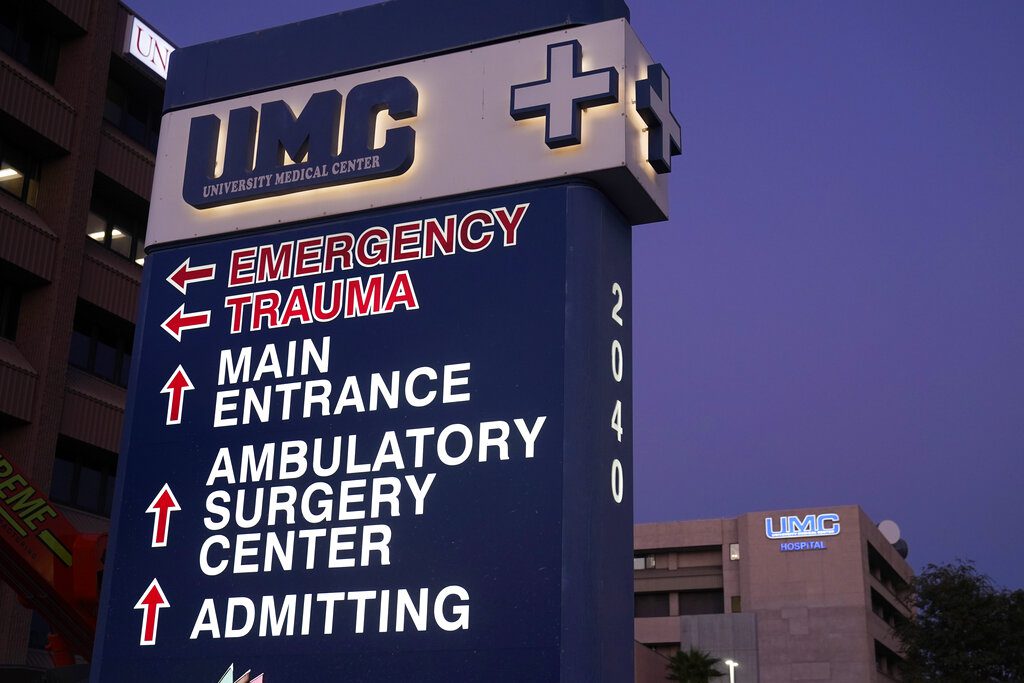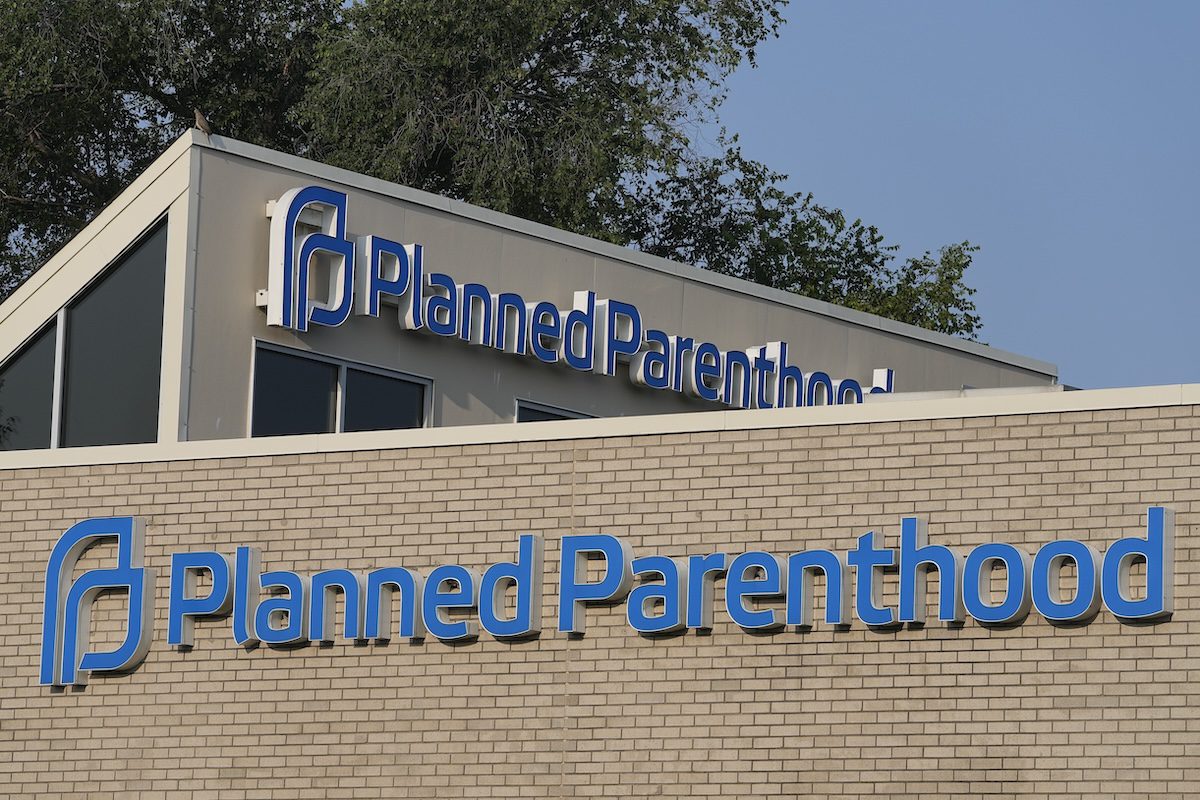
Photo Courtesy of Battle Born Progress
With the 2024 election only a few weeks away, healthcare affordability remains a critical issue for Nevadans, with many residents struggling to afford prescription drugs. A recent KFF poll revealed more than half of voters are worried about being able to afford their medications—a fear policymakers cannot ignore.
High prescription drug costs leave countless Nevadans in a precarious situation, forcing them to make tough choices between paying for essential medications and other necessities. To address this problem, Nevada should enact the Affordable Medicine Act in the upcoming 2025 Legislative Session, which would help lower drug costs, expand healthcare coverage, and ensure prescription medications remain accessible to all.
A version of this bill passed in the 2023 session, known then as Assembly Bill 250, but Governor Joe Lombardo vetoed it when it reached his desk. Now, Assemblywoman Venicia Considine and Assembly Democrats have announced their plans to reintroduce the legislation, which would help make healthcare more affordable for all Nevadans.
The Affordable Medicine Act can help by mandating insurance coverage for essential medications while controlling drug costs. It could ensure Nevadans don’t have to sacrifice their health due to the prohibitive cost of life-saving treatments. This legislation would lift the burden off individual patients and ease the strain on Nevada’s healthcare system by preventing avoidable complications that arise when people are forced to go without medication.
However, addressing the high cost of drugs is only part of the solution. Another significant driver of inflated healthcare costs is the role of Pharmacy Benefit Managers (PBMs), who act as middlemen between drug manufacturers, insurers, and pharmacies. PBMs often contribute to rising drug costs by increasing the prices consumers ultimately pay.
Recognizing this, Idaho and Kentucky have taken steps to curb PBM practices by passing reforms requiring PBMs to pass cost savings directly to consumers. These states have implemented protections for independent pharmacies, ensuring smaller, community-based pharmacies can continue to serve patients without being undercut by PBM-affiliated chains.
Nevada can adopt similar reforms to ensure PBMs stop inflating drug costs and limiting access to independent pharmacies. Reforms in PBM practices would create a more transparent and equitable system, where cost savings are passed along to consumers and patients have access to the care they need, regardless of where they live.
This is crucial in rural areas of Nevada, where access to healthcare is already limited. Protecting independent pharmacies would help sustain healthcare in these underserved regions, ensuring rural Nevadans have the same access to affordable medication as their urban counterparts.
The Affordable Medicine Act would also significantly improve public health outcomes across the state. When patients can afford their medications, they are more likely to seek timely care for their conditions, preventing more serious health problems from developing down the line. Chronic conditions like diabetes, heart disease, and hypertension are more manageable when patients adhere to prescribed treatments—something that’s only possible when medications are affordable.
By lowering drug prices and ensuring coverage, the Affordable Medicine Act would lead to earlier interventions, reducing hospitalizations, and improving the overall health of Nevada’s population.
This is why Nevada must act now. The state has a critical opportunity to address the rising costs of prescription drugs and expand healthcare access by enacting the Affordable Medicine Act. By capping and lowering prices, regulating PBMs, and ensuring comprehensive drug coverage, this legislation would make healthcare more affordable and accessible for all Nevadans.
Now is the time for Nevada to prioritize its citizens’ health and well-being by enacting this important reform, building a healthcare system where no one has to choose between their health and their financial stability.

Back to school: Southern Nevada Health District encourages early school immunizations
As the 2025-2026 school year approaches, the Southern Nevada Health District is urging parents and guardians to vaccinate their students early to...

Recortes en servicios de idiomas en hospitales podrían resultar en errores
Recortes en servicios de idiomas generan temor a errores médicos, diagnósticos equivocados y muertes Si sólo tienes unos segundos, lee estas líneas:...

A Las Vegas Democrat introduced a bill that would expand Medicaid coverage for vasectomies
The roughly 800,000 Nevadans who get their health insurance through Medicaid could soon see expanded coverage for contraceptive care, if one bill...












